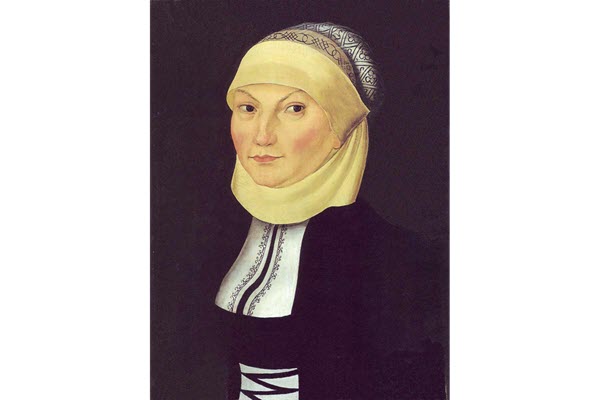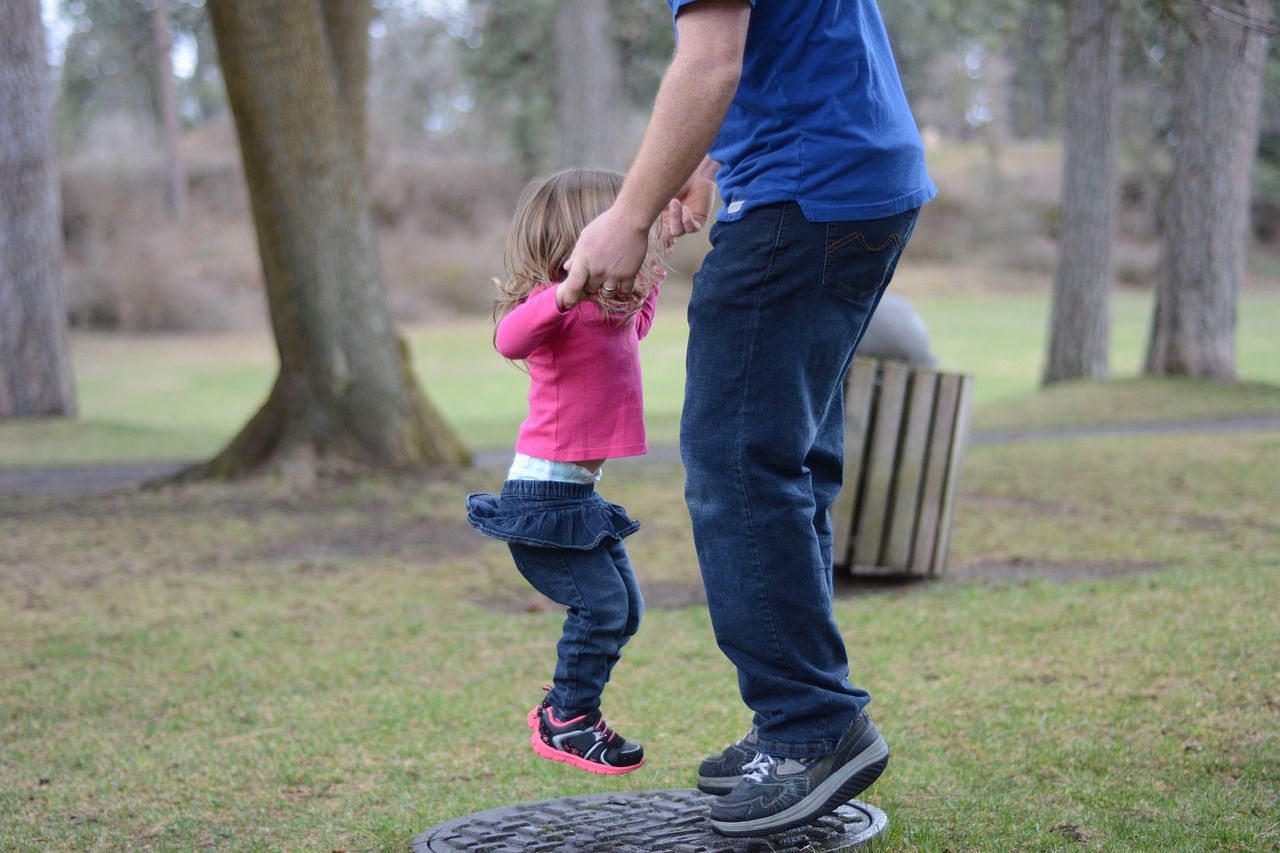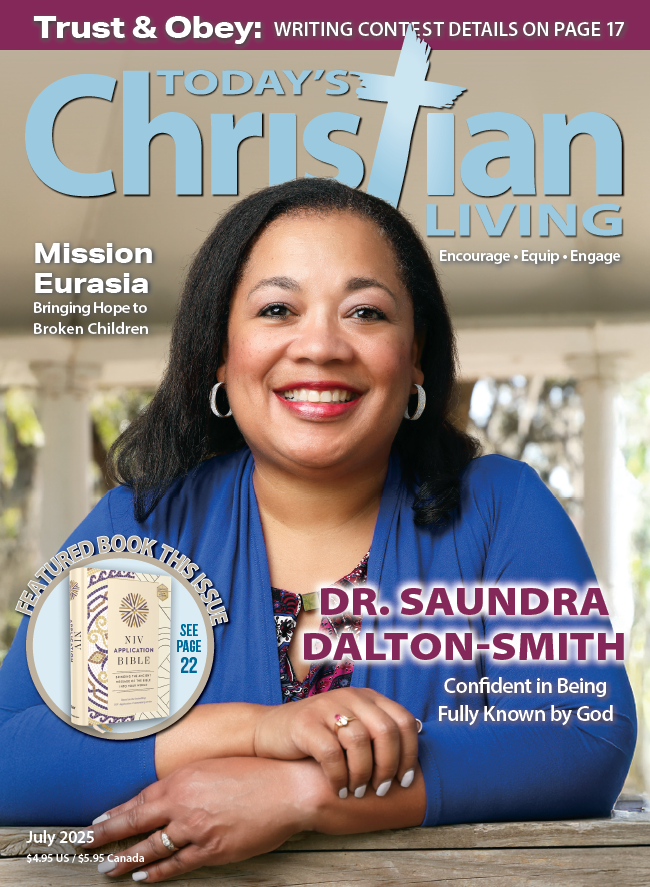
By Michelle Adserias
“Behind every great man is a great woman.” It’s more than a catchy saying. For Martin Luther, the great reformer, it was true.
Katharina von Bora was born into a noble family. She was taken from her home when she was just five years old to live in a convent, eventually becoming a nun. When she was 22 years old, she heard Martin Luther’s teachings and realized that, though she’d lived a life of religious devotion, she had never known God personally. She sought God’s mercy and was born again.
When she decided to renounce her vows, Martin Luther orchestrated a convent escape for Katharina and eleven other nuns. They hid in a fish wagon and waited until the driver pulled away, leaving their former life behind. It was a daring decision. Forsaking their vows was a criminal act. If they were caught, or their parents refused to harbor “fugitives,” they would either have to marry quickly or try to find a way to support themselves – a daunting task in those days..
After two failed proposals, Katharina decided she would marry no one except Martin Luther himself or one of his close personal friends, Nicolas von Amsdorf. What began as mutual respect and friendship led to enduring love. Convinced they were well-suited to each other, Martin Luther and Katharina von Bora were married in 1525.
Katharina’s life was anything but easy. Her marriage to Luther was a step down, in the eyes of the fine society her noble family associated with. Furthermore, she supported her husband who was under constant attacks from those who opposed his convictions and was often discouraged. Together they raised six of their own children and several adopted ones. She carried the sorrow of losing an infant and a young child.
Despite her hardships, she worked endlessly to make their abandoned monastery into a comfortable home where they hosted a fairly constant stream of guests; Luther’s fellow pastors, seminary students, friends and whoever else stopped by in need of a meal, a conversation or a warm place to rest. She brought honor to the new role of pastor’s wife, in keeping with the Reformed belief that all honorable work is spiritual work.
Katharina was devastated by Martin Luther’s death in 1546. “I am in truth so very saddened that I cannot express my great heartache to any person…” She carried on working for her husband’s former supporters and caring for her family until her own death in 1552. In her final hours, she declared, “I will stick to Christ as a burr to a topcoat.”








